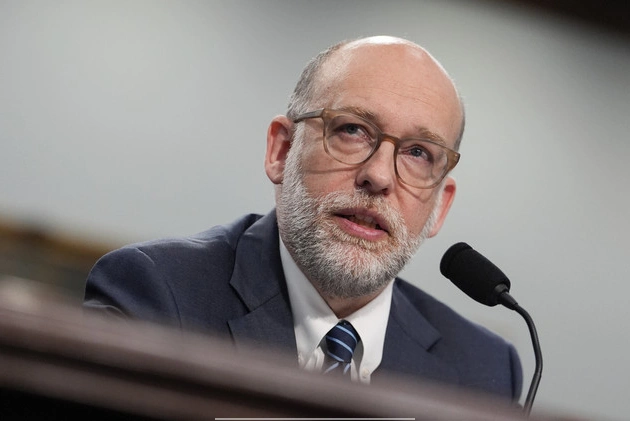
The White House’s Ambitious Strategy
The Trump administration is embarking on a bold initiative to curtail Congress’ authority over the federal budget while also halting billions of dollars in expenditures across various government agencies, as revealed by sources to POLITICO’s E&E News.
At the core of this strategy is a directive to agencies to immediately freeze their spending, pending congressional approval. Should lawmakers fail to act, these freezes could become permanent, resulting in substantial budget cuts beyond the $9.4 billion initially proposed by the White House.
Key Agencies in the Crosshairs
Among the agencies targeted by this directive are the Environmental Protection Agency, the National Oceanic and Atmospheric Administration, the National Science Foundation, and the Departments of Interior and Health and Human Services. These freezes encompass a wide range of programs, including NSF research and education initiatives and funding for national park operations and NASA’s science endeavors.
Challenging Congressional Authority
OMB Director Russ Vought, the architect of this directive, has long been critical of the constraints on presidential spending powers. By pushing the boundaries with this latest move, the administration is testing the limits of congressional oversight and the constitutional division of budgetary powers.
While the White House justifies these actions as necessary cost-cutting measures, critics argue that this approach circumvents Congress’s fundamental role in budget decision-making.
A Controversial Legal Maneuver
This strategy includes elements like spending deferrals, where the executive branch can delay authorized funds, and rescissions packages that permanently eliminate designated expenditures. By leveraging legal interpretations and historical precedents, the administration aims to solidify its authority over federal spending.
Implications for the Future
As this strategy unfolds, it raises significant questions about the balance of powers between the branches of government and the constitutional framework governing budget allocations. The White House’s efforts to assert greater control over budgetary decisions may spark legal challenges and debates over the separation of powers in the federal budget process.
Conclusion
The White House’s strategy to freeze agency funds and expand executive power represents a substantial departure from traditional budgetary practices. By challenging congressional authority and seeking to redefine the balance of powers, the administration is charting a contentious path with far-reaching implications for the future of federal budgeting.











